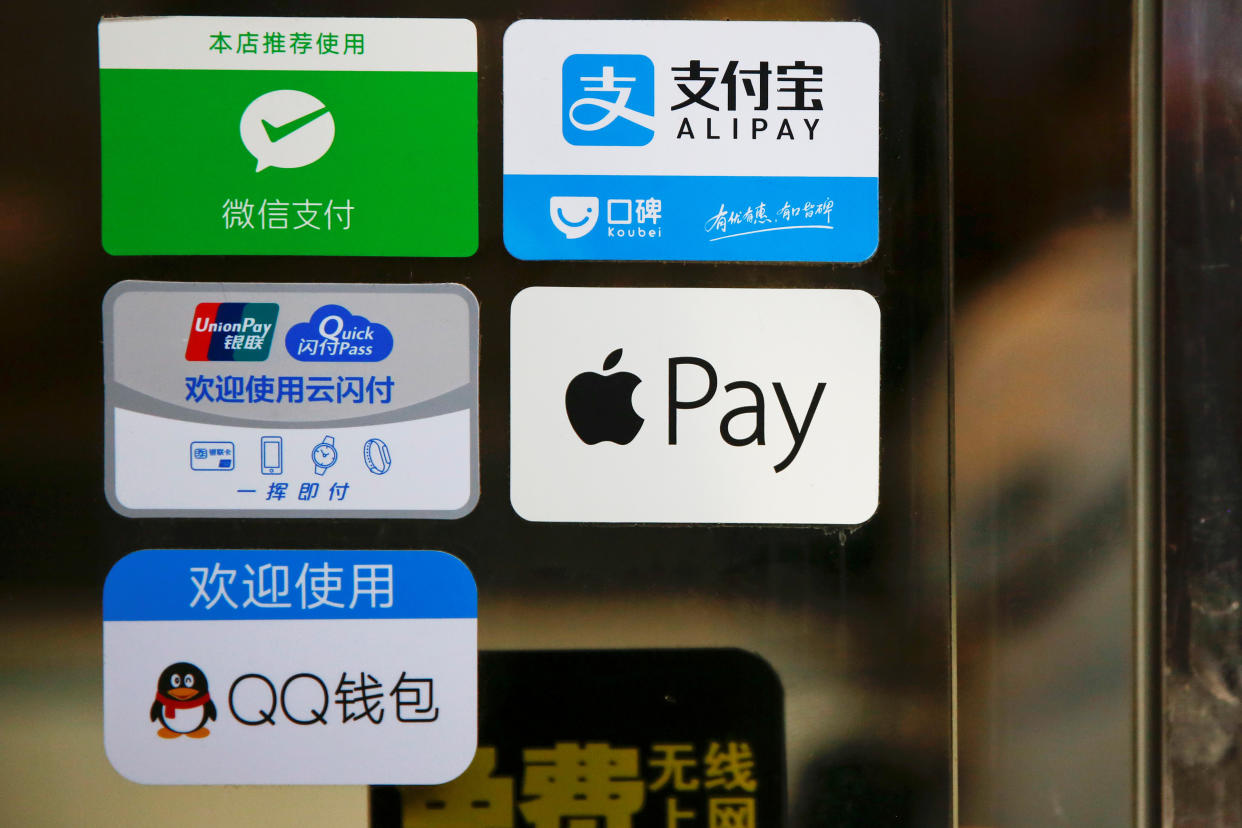Sleep Country taps into 'power of Chinese consumer' with Alipay, WeChat Pay

Sleep Country Canada Holdings Inc. will now accept payments through popular Chinese mobile apps Alipay and WeChat Pay at select locations as the company looks to capitalize on “the rising power of the Chinese consumer.”
The Toronto-based retailer is teaming up with SnapPay Inc., a Canadian tech firm, to launch a pilot program that will allow customers to purchase items using Alipay – the mobile payment app run by a subsidiary of retailing giant Alibaba – and WeChat Pay, another app operated by rival Tencent. Payments through the apps – which have more than 2.1 billion active users – will be accepted at 21 store locations in the Greater Toronto Area and Greater Vancouver Area.
Sleep Country said in a statement scheduled to be released on Tuesday that the partnership “underscores the large buying power of the Chinese customer segment.”
“The rising power of the Chinese consumer provides North American merchants with an opportunity to leverage a vast new revenue channel,” the company said in a statement.
Dan McKinley, vice president of sales with Sleep Country Canada, said in an interview with Yahoo Finance Canada that the Chinese community has been a significant market segment for the company, and that the mattress retailer wanted to ensure customers were able to pay in the way most convenient to them.
The ‘favourable way to pay’ for Chinese customers
China has been leading the way towards a cashless society, with mobile payment transactions totalling US$9 trillion, according to a Wall Street Journal report. iResearch Global Group, a Chinese research firm, says Alipay and WeChat Pay represented 93.5 per cent of all mobile payment transactions in 2018. According to Statistics Canada, there were 1.6 million Chinese immigrants living in Canada as of 2016 and another 140,000 Chinese students studying in the country.
“Our hope is that it attracts more customers because this is, for a lot of the Chinese community and our customers, the favourable way to pay,” McKinley said in an interview.
“It is a big market segment for us, and we are continually looking to grow it.”
Sleep Country quietly began accepting the Alipay and WeChat mobile payments through SnapPay as of June 4, and while the company would not disclose numbers related to the pilot program, McKinley said it has so far been “well-received.” In particular, he said a specific promotion targeting AliPay and WeChat users saw a 70 per cent redemption rate.
“Everything is indicating that this has been very well received by the community and we couldn’t be more pleased,” McKinley said.
Shoppers will be able to pay for products at Sleep Country in Chinese currency by scanning a QR code within a mobile app that is typically connected to a bank account in China. At the same time, the merchants will be paid in Canadian dollars – something SnapPay’s chief growth officer Chris Renton says is beneficial for both consumers and retailers.
“From a consumer perspective, there’s a preferential exchange rate, and from a retailer perspective, there are lower costs than with international cards,” he said. “It’s win-win for both the consumers and merchants here.”
McKinley said the company will assess the pilot program after 90 days, and consider expanding it to other markets based on demographics.
Download the Yahoo Finance app, available for Apple and Android.


